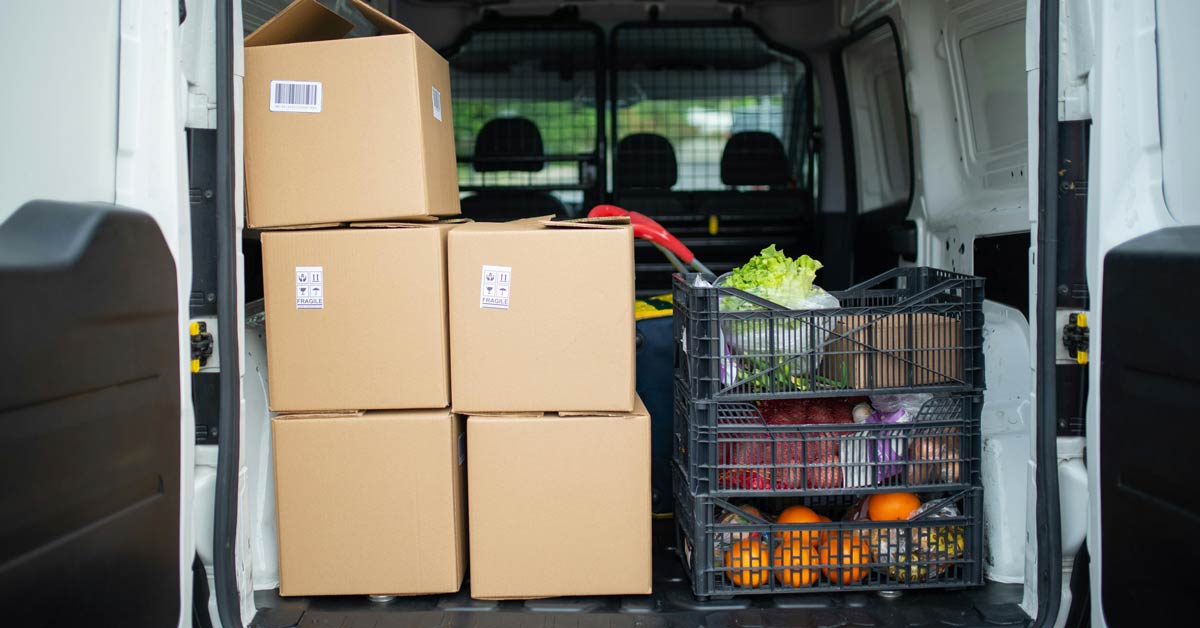Most people I meet really love their home country, much like the way we love our family. Home is part of who we are, which might explain why most people in the world (96.5 percent) live in the country where they were born.
The number of international migrants is relatively small, around 3.5 percent of the world’s population, according to the UN’s World Migration Report 2020. That’s roughly 272 million people, and the overwhelming majority move for reasons related to work, family, and study.
But 26 million people are officially designated as refugees, as UNHCR reported in June 2020, and another 4.2 million are asylum-seekers who must meet the definition of a refugee in order to gain lawful status in the country where they seek refuge.
I offer these numbers for context. It’s not easy to leave home, and most people don’t. For those who do, in my experience as an immigration attorney, it’s not for lack of love of their home country but rather with an abundance of hope for creating a better life.
Everyone I know shares the same desire to live in a free society where we feel safe and have the opportunity to thrive. People dream of being allowed to work hard, of being able to contribute, of helping to sustain the kind of environment where their children can thrive, too.
Unfortunately, host countries are increasingly hostile to immigrants in general and to refugees and asylum-seekers in particular.
The most vulnerable people in the world somehow seem like the most threatening because they come from places perceived as significantly different — different cultures, values, beliefs, and customs.
Emotions overtake the numbers and facts, and you can't reason with emotions. Essentially, the migration issue cuts directly to the core of who we are.
So, who are we? I found myself asking about five years ago, frustrated with the growing gap not only between rhetoric and reality surrounding migrants and refugees, but also between people living in our society.
Feeling so much polarization and alienation at home caused me to realize this is not only an immigration and refugee issue, but also a question about the kind of community where I want to live.
How do we bridge the gap? How can we live in harmony with people we perceive as different? How do we cultivate the kind of community where everyone feels a sense of belonging and value, no matter where they come from or why?
It turns out, people all over the world are working hard to answer these questions, finding creative ways to bring people together to better understand who we are and who we want to be (individually and collectively), to support each other, and to enjoy the spaces where our journeys overlap.
Sometimes we have to turn our attention away from the headlines to see how much good there really is in the world. That’s what I’ve discovered over the past five years as I’ve traveled around the United States and the world exploring the ways people experience migration through intentionally inclusive community conversations.
We talk about culture and identity, faith and spirituality, food and hospitality, and anything else that naturally emerges.
Each conversation is unique, but one thing is consistent. Sharing our lived experiences and feelings — hopes and fears — in mixed company with longtime residents and newcomers, including immigrants and refugees, challenges the narratives people write about us, whoever “us” is.
Everywhere I go, I meet people who are excited to share local initiatives welcoming and supporting newcomers.
For example, I love the Multicultural Refugee Coalition in Austin, Texas, Eat Offbeat in New York City, Justice For Our Neighbors in Grand Rapids, Michigan, and Welcoming America initiatives all around the United States.
When Clarkston, Georgia became one of the most multicultural square miles in the U.S. because of refugee resettlement, local residents created Refuge Coffee Co. as a meeting place to share coffee and culture and get to know each other. They bring the community together to celebrate different religious holidays with food, dancing, and art. Volunteers use the space to teach English and job skills to their new neighbors.
When I was there for the annual Refuge Coffee 5K, I heard a runner exclaim with glee, “The world could be like this!” Another Georgia native said he doesn’t like to travel, so he appreciates getting to explore the world through his own community.
At the end of the day, meeting people where they are and connecting on a heart level feels like the best way to restore faith in humanity and hope for our future.
Something as simple as a potluck dinner party provides a fun opportunity to engage more people in conversations that spark trust and compassion.
And it only takes one spark to light the darkness. A collective dedication to this kind of bridge-building is exactly what will draw us into a brighter and more just world where everyone feels truly seen and welcome.





